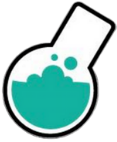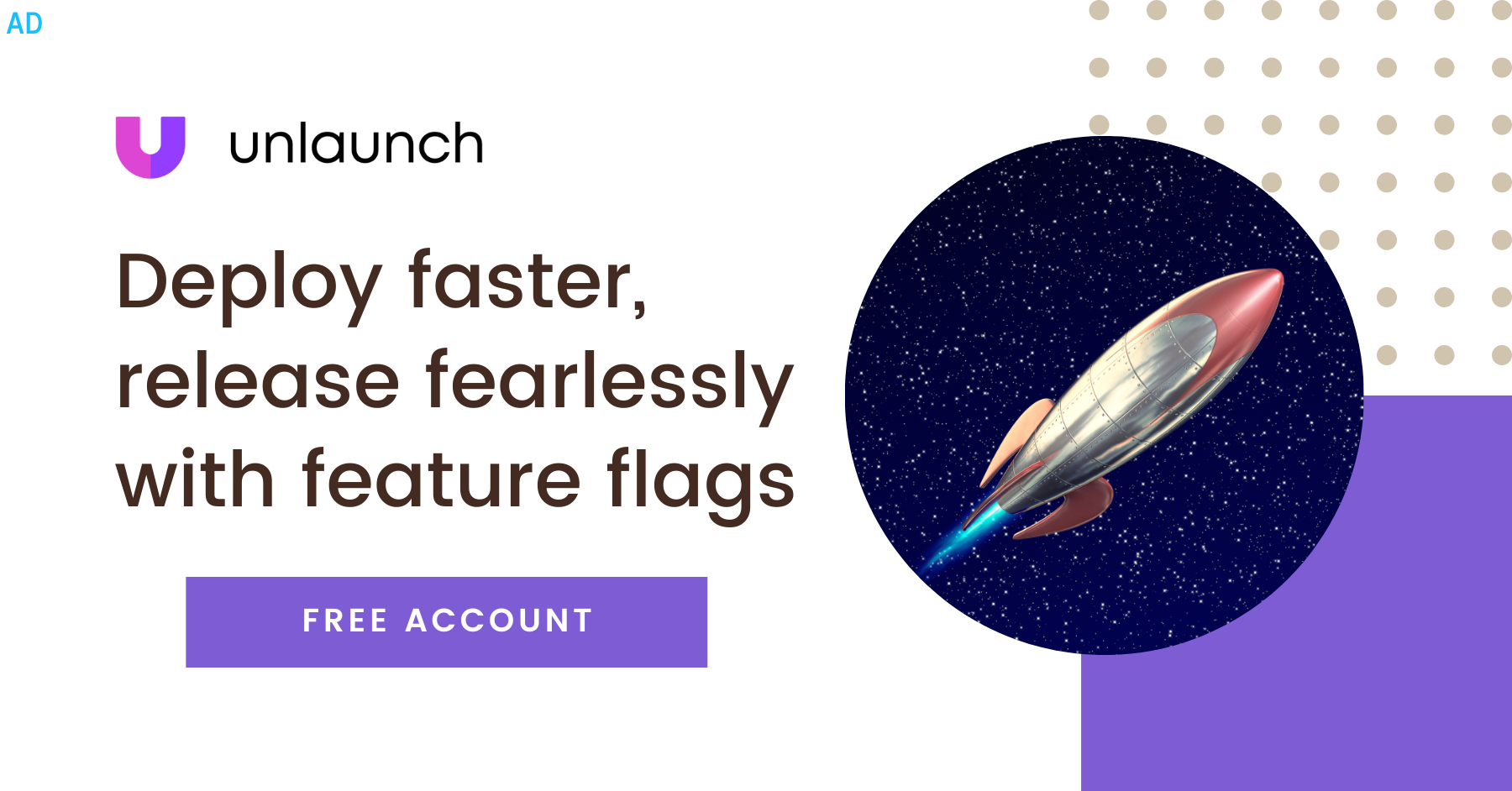Compare Flask and Bottle
Flask is a Python web framework for building web applications. It is based on Werkzeug and Jinja 2. It is a minimalist, 'no batteries included' framework. Yet it can be scaled extensively and support complex applications and use cases by adding required functionality as needed. It follows the philosophy that if something needs to be initialized, it should be initialized by the developer.
Bottle is a fast, simple and lightweight WSGI micro web-framework for Python. It is distributed as a single file module and has no dependencies other than the Python Standard Library.
Let's see how Flask and Bottle compare on various factors and features and which to choose when.

Flask

Bottle
Overall
Type
Release Date
Adoption and Ease of Use
Used by
Performance [?]

Flexibility


Ease of Learning


Database Support
RDBMS Support
NoSQL Support
Web & Core Features
Admin Dashboard
REST Support
Security
Templating Library
Web Forms
Authentication
If you found this useful, please help us grow by sharing this article with your followers using the sharing icons. Every share or call out will help. Thank you.
Similar Comparisons
- Compare Bottle vs CherryPy
- Compare Bottle vs Fast API
- Compare Bottle vs web2py
- Compare Django vs Bottle
- Compare Django vs CherryPy
- Compare Django vs Fast API
- Compare Django vs Flask
- Compare Django vs Pyramid





